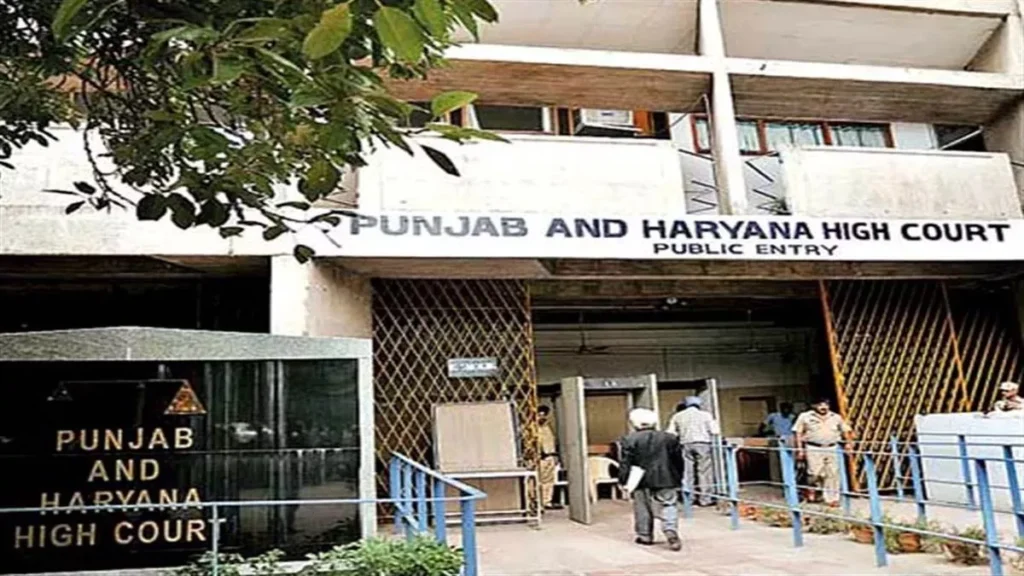Noise pollution is a recognized crime; the police are required to file an FIR, according to the Punjab and Haryana High Court.

The Punjab and Haryana High Court has stated that noise pollution is a serious offense under The Air (Prevention and Control of Pollution) Act, 1981. This means that police must file a First Information Report (FIR) when they receive reports of such violations. The Court referenced Section 173 of the Bharatiya Nagarik Suraksha Sanhita (BNSS), 2023, highlighting that not acting quickly on complaints is against the law, and police must respond immediately as required by the law. This ruling came during the review of petitions from two individuals who complained about excessive noise levels in certain areas, which they said disturbed residents and broke the Noise Pollution (Regulation and Control) Rules, 2000.
This decision was made over five years after the Court had first set out fifteen guidelines to manage noise levels, including a total ban on loudspeakers during the two weeks leading up to and during school exams. A Bench led by Chief Justice Sheel Nagu and Justice Anil Kshetrapal remarked, “Since noise pollution is a serious offense under The Air (Prevention and Control of Pollution) Act of 1981, police must register an FIR if they are informed of such an offense under Section 154 Cr.P.C (Section 173 of the Bharatiya Nagarik Suraksha Sanhita (BNSS), 2023).” The Court also instructed, “The District Magistrate and Superintendent of Police must stay alert, and any violations reported by citizens in Punjab, Haryana, and U.T. Chandigarh should be addressed promptly according to the law.”
The Court highlighted that authorities must act quickly and appropriately when they receive complaints from citizens about violations. It recognized that noise pollution is a type of air pollution and is covered by the Air (Prevention and Control of Pollution) Act, 1981. The Court allowed petitioners to report any breaches of noise control rules to the police. It stated that since noise pollution is included in air pollution laws and can be punished under the 1981 Act, petitioners can file a First Information Report (FIR) at the relevant police station if guidelines are violated.
The Court also made it clear that if the police do not respond, the affected individuals can seek help from a Magistrate under Section 156(3) of the Code of Criminal Procedure (CrPC). During the hearings, the Haryana State Pollution Control Board (HSPCB) and the Haryana government informed the Court that they had taken action against those responsible for the noise issues in this case. Offenders were called in, and they promised to follow the noise limits in the future.
The Court raised concerns about the unresolved noise pollution complaints from 2021 to May 2024. Out of 49 complaints made during this time, only 25 were resolved, leaving 24 still open. The Court emphasized the importance of ongoing monitoring and enforcement of noise pollution laws. It also referenced the Supreme Court’s decision in Lalita Kumari v. Government of UP, which requires police to quickly register complaints when a serious offense is identified. The Court warned that if authorities do not enforce noise pollution rules, disciplinary action will be taken against the officers involved.
Cause Title: Abhilaksh Sachdev & Anr. v. State of Haryana & Ors., [2024:PHHC:143302-DB]








